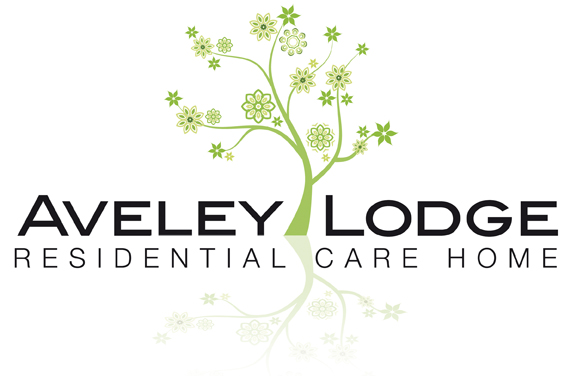The importance of paying attention to spiritual wellbeing
Caring for our elderly residents is not only about attending to their physical needs as they age and become more frail mentally and physically.
As human beings we want our lives to have some meaning and purpose, whether it comes through connections with friends and family, with the natural world, art, music or through religion and other spiritual practices that relate to the non-physical world. All this can be summed up as contributing to a person’s spiritual wellbeing and it is likely to be as individual as the person.
It is very easy for this dimension of life to be lost as people age, especially if they become more isolated from the world around them, as can happen with the onset of mobility and health problems or dementia.
Too often this loss can lead to depression and loneliness, a feeling that there is no longer any meaning or purpose to the individual’s life.
So, caring for our residents is about more than attending to their physical needs and this is reflected in many of the activities and interests we provide and our encouragement of visitors of all ages to come into Aveley Lodge regularly to interact with residents.
In preparing to welcome a new resident, their spiritual wellbeing is an aspect of their care that we try to take into account. Hence, the comprehensive personal information we compile with the help of both the potential resident and their friends and family.
Providing for a resident’s spiritual wellbeing can take many forms.
The NHS defines spiritual care as “not necessarily religious. Religious care should always be spiritual. Spiritual care might be said to be the umbrella term of which religious care is a part.”
If a resident has always had a strong religious commitment, there are many ways to help them stay in touch such as ensuring they can watch a religious service or occasion on TV or the internet, having visiting clergy hold regular services for those who wish to attend and welcoming volunteers from faith groups who can interact with individuals.
For those whose spiritual wellbeing depends more on interaction with, for example, the arts, people, nature or with animals, there are many opportunities such as simple one-to-one activities with available family members such as flower arranging, enjoying listening to music, looking at old photographs of family celebrations, singing along to favourite songs. We have covered many other examples in other blogs.
While physical care can take up a significant amount of time and attention for elderly residents, we never forget that their spiritual wellbeing is an equally important part of their needs.



